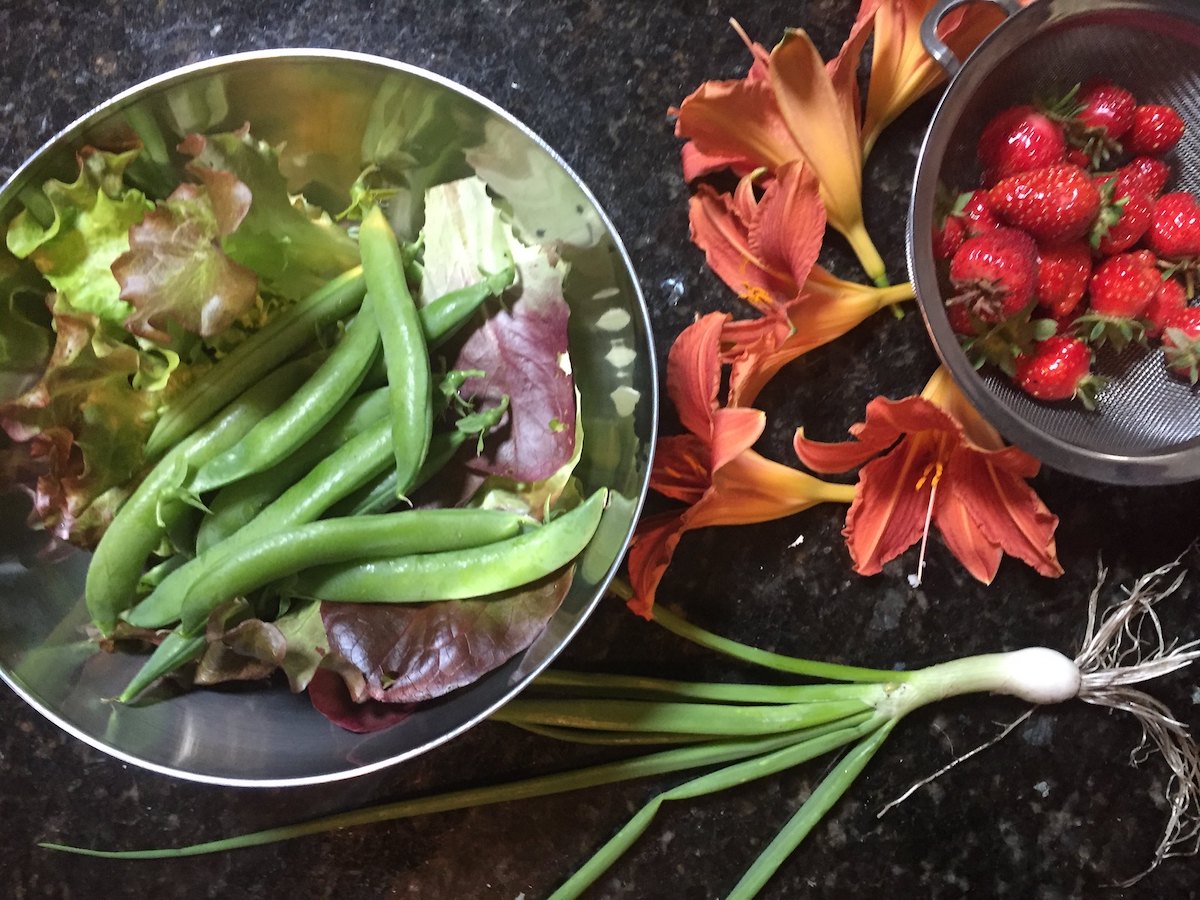
Originally published on the Goetheanum's site.
By the Goetheanum, Dornach, Switzerland
Translation by Lynda Hepburn
Our spending habits determine how the world looks, because the purchase of a product supports the conditions under which it is produced. Environmentally- and climate-friendly production results in food that tastes good: flavour, health and protecting the environment are all linked.
Something is sizzling in the pan, there‘s an aroma of spices and herbs, we see how the dish is lovingly presented on the plate: eating is an experience that speaks to all our senses. “Those who make do with ready meals or hurry along the street with a carry-out coffee are not paying attention to themselves – and certainly not to their surroundings,” according to Jasmin Peschke. She is head of the nutrition department in the Section for Agriculture at the Goetheanum. “We should take time for eating, because we are worth it.” This creates a relationship to the food and its history, something which we are connected to all the way to our metabolism.
“Where does the banana I‘m eating come from? Was it grown organically, or using substances that cause skin and breathing problems for the workers on the plantation? Can they afford an appointment with a doctor or their own piece of land to support themselves?” Jasmin Peschke, the nutrition scientist, prompts us to ask ourselves.
The taste of a foodstuff depends on various factors such as the quality of the seed, the growing method, the ripening period and how it is processed. One method which combines environmental protection and taste is biodynamic agriculture. This is shown by its adoption by winegrowers, for example. Through regular composting, the soil fertility is increased and the wines reveal their terroir. There are also indications that biodynamic soils bind a higher quantity of carbon dioxide than monocultures in conventional agriculture and therefore contribute to climate protection.
The Food and Agricultural Organization of the United Nations has given the World Food Day on 16 October 2019 the theme ‘Our Actions are Our Future’.
The Goetheanum is the headquarters for the School of Spiritual Science and the General Anthroposophical Society. The School of Spiritual Science with its eleven sections is active worldwide in research, development, teaching, and the practical implementation of its research findings and is supported by the Anthroposophical Society.

Add new comment